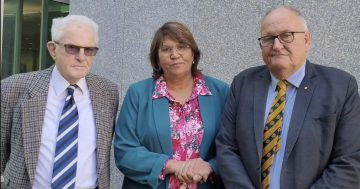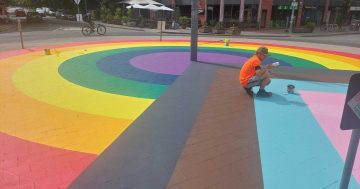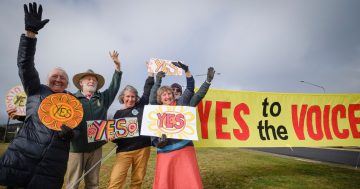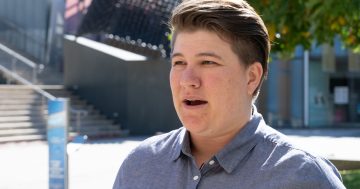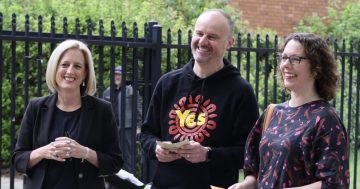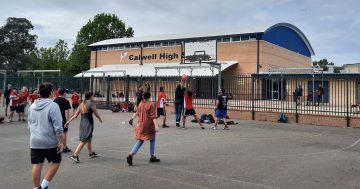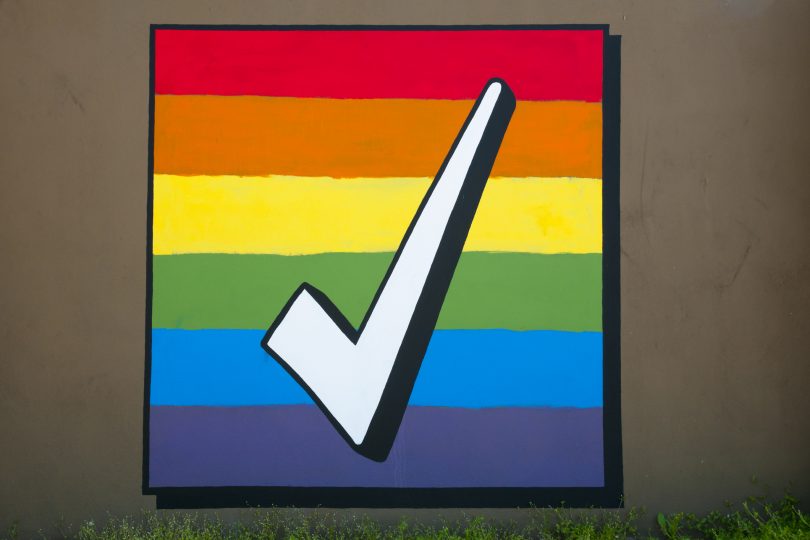
The marriage equality survey – what I took away from the experience.
As we enter the final phase of the marriage equality postal survey campaign, it is useful to reflect on what this process has meant for our local community. It is good to understand what we have learned and if there are positive things we can draw from ‘the campaign we didn’t have to have’ but were forced into because politicians chose not to do the job we elected them to do.
I know that it has been a very difficult time for many members of the lesbian, gay, bisexual, transgender, intersex and queer (LGBTIQ) community. It is hard to imagine how it must have felt to be part of this community over the last few months as the rest of Australia was invited to express their views on the validity of their love, debate whether or not they should have equality, and be subject to suggestions that their family structure is less able to provide love and nurturing to children than other family types. I hope that these negative impacts are not long lasting and people have been able to access the support that they need to recover from the trauma that has been caused.
There have, however, been some positives that have come from this campaign. Given these have come at great cost to individuals and families, I wanted to express my thanks for these gifts that the LGBTIQ community has given the rest of the community and express my hope that these positives live on long after the nasty elements of the campaign fade.
One of these positives has been the opportunity for allies and friends of the LGBTIQ community to actively express our solidarity, love, and support to a valued and important part of our community. This campaign has created the opportunity to stand beside our friends and say that we do choose love, human rights, and respect. We have proudly displayed our voting intentions through rainbow flags, stickers, badges, corflutes, and posters, engaged with friends and family and worked how we can best support the campaign.
I played my small part in campaigning for a YES vote in the survey and found it to be an overwhelmingly positive experience. To be talking to people about love and equality is a wonderful thing to do, and we live in a community where most people seemed to share my view that while it was ridiculous we were even having the debate, of course, love is love and we want to have equality for all. People were happy to signal their support and enthusiastically reported that they would be engaging and posting their surveys.
There have been more things going on however than just active campaigning. One of the most extraordinary things that I have witnessed over the last few months is the response of children and young people in my little part of the world where they are given space to work through the issues in a way that has been strongly child-led. I have seen a large number of these young people actively and independently engage with the campaign, discussing the issues of equality and love with their peers, and choosing to show their support for the ‘yes’ campaign. I reflect on the potential long-lasting impacts of this as this cohort moves through adolescence, and am hopeful that the awareness generated through this process has in fact contributed to the creation of a more informed group of young people, who will, in turn, be more tolerant and accepting of those who have come before them.
It is clear that Canberrans and all Australians have defying expectations that a voluntary process would result in disinterest and apathy. I expect we will see an overwhelming YES vote. I am hopeful that positive elements of the campaign will continue to influence us to create a more inclusive community. What do you think?













